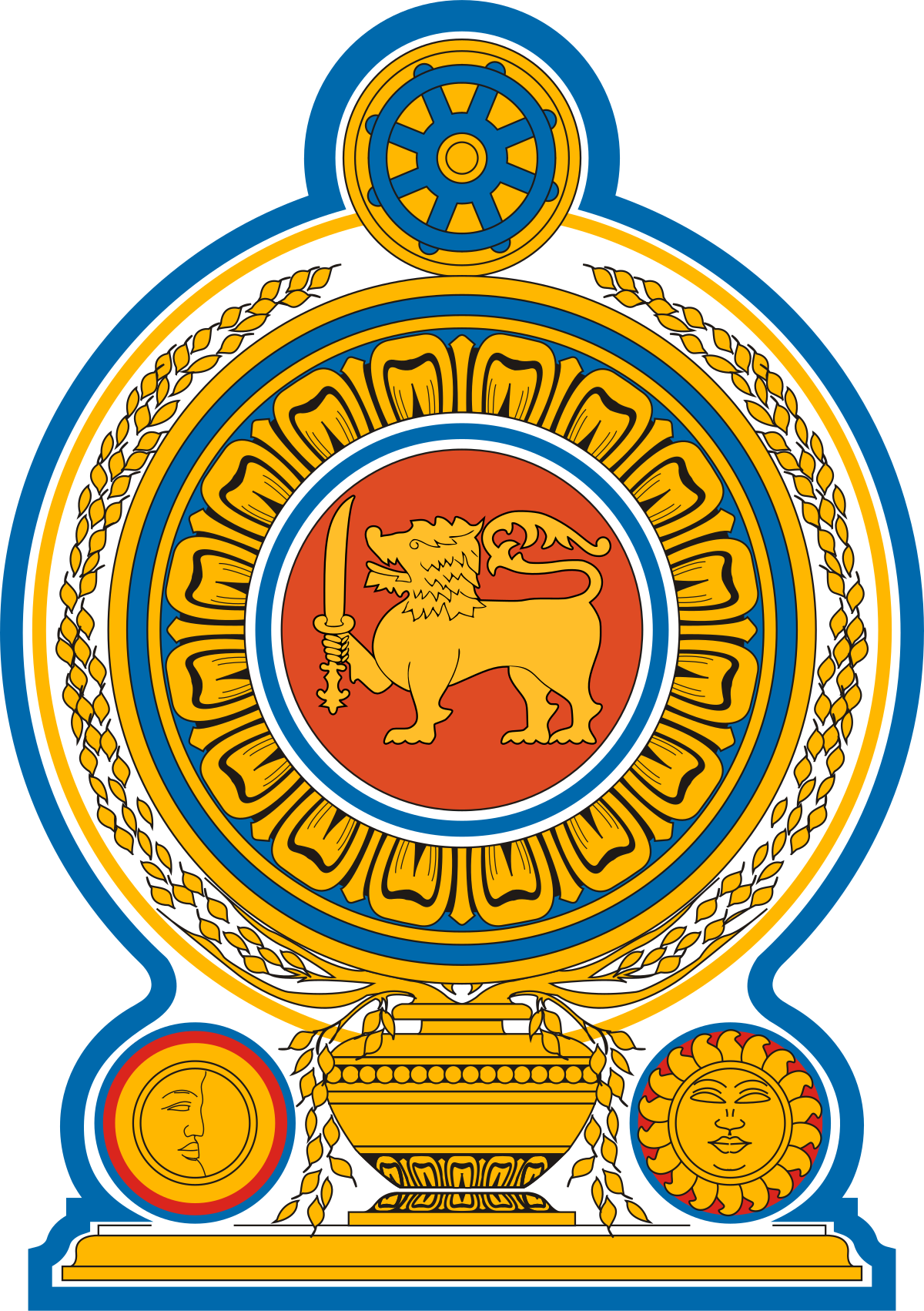Quarterly Debt Bulletin as of the end of September 2022
Sri Lanka is currently experiencing an unprecedented economic crisis. Faced with the shortages of foreign currency to meet even the basic requirements of the country, Sri Lanka announced a standstill of servicing of affected external public debts, for an interim period, pending an orderly and consensual restructuring of those obligations in a manner consistent with an economic adjustment programme through an Extended Fund Facility (EFF), supported by International Monetary Fund (IMF). Following extensive discussions, Sri Lanka reached a Staff Level Agreement (SLA) with the IMF in September, 2022 towards restoring macroeconomic stability and debt sustainability. Successful approval of the EFF programme by the IMF will also help to secure additional foreign financing from International Financial Institutions (IFIs). In this regard, publishing a public debt bulletin will ensure the Government’s commitment to transparency, accountability and free accessibility to information by the international organizations and the general public.
Public Debt in Sri Lanka consists of Domestic Debt, External Debt, of which also includes project/programme loans obtained from bilateral and multilateral creditors on concessionary terms as well as commercial debt. The Government-guaranteed debt and borrowings of the Central Bank of Sri Lanka (CBSL) are also a part of Sri Lanka’s total public debt.
